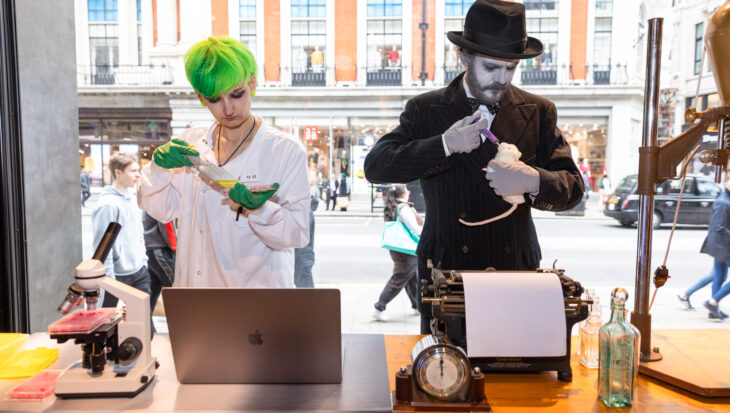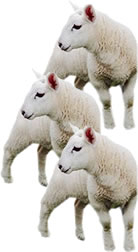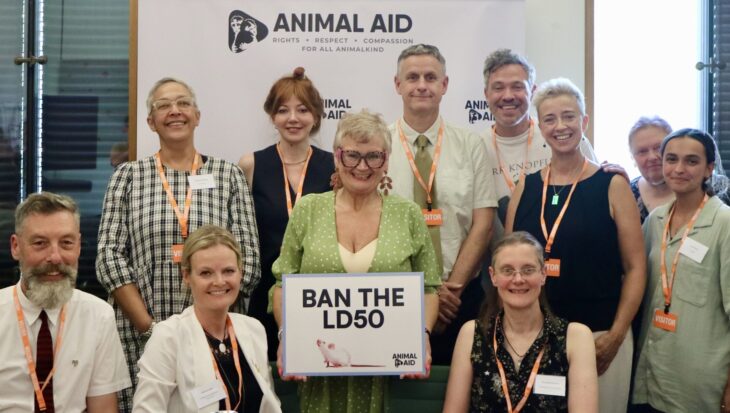Media speculation on cloning humans has reached fever pitch in recent months, helped along by Italian fertility specialist Dr. Antinori, who promises to clone humans for infertile couples in the near future. He has been ostracised by the medical community for his irresponsible proposal, which is illegal in most countries anyway.
Some in the animal-cloning community clearly feel it their duty to report, rather belatedly, the massive failure-rate they have experienced for years, in order to emphasise how unethical cloning humans would be in view of its abysmal success rate in animals. What they fail to see is that continuing to play with animals’ lives in this way is unethical too. In fact, they recommend more and more experiments to refine the technique!
Dolly’s arthritis emphasises how little is known about the long-term effects of cloning. Dr. Wilmut rightly says we will never know if Dolly’s method of creation is responsible or not. Equally, we will never know if she suffered other undetectable discomfort or abnormalities throughout her life but was never able to tell us. But what we do know is that nearly 300 other embryos died horribly in the attempt to create her; sacrificing many ‘surrogate mothers’ along the way.
Dolly was not the first cloned mammal, as most of the newspapers report, but she was the first mammal cloned from an ADULT cell, which was already six years old. So on her fifth bithday this February, will she really be eleven? Premature ageing may well be another disadvantage of cloning for the animals, but surely not as serious as the catalogue of horrors they suffer before they ever make it that far. MOST cloned animals are grossly deformed in a variety of ways and die shortly before or after birth.
A recent article in the New York Times – In Cloning, Failure Far Exceeds Success – details the spectacular failure of monkey cloning and animal cloning in general. It is good to see this side of the story emerging at last. Let us hope that people will be so repulsed by it that they will oppose further cloning of animals just as most vehemently oppose the cloning of humans.


